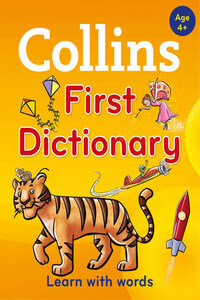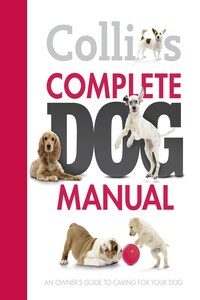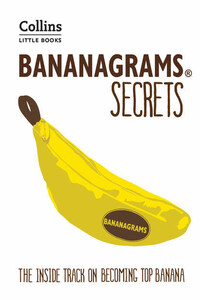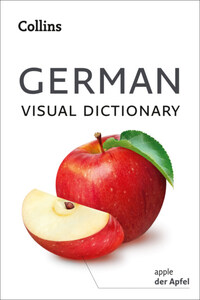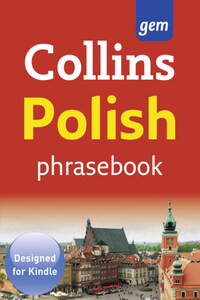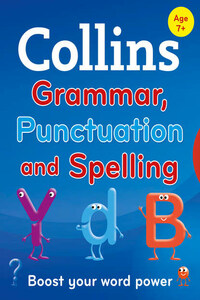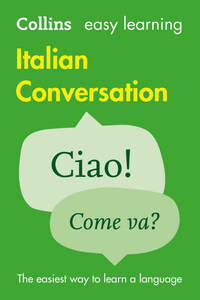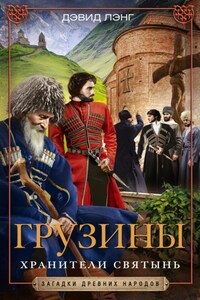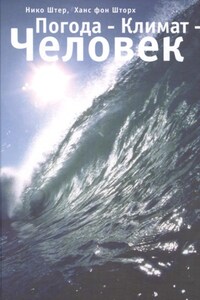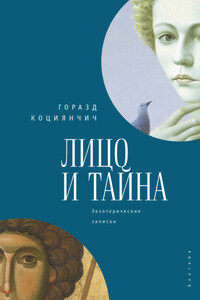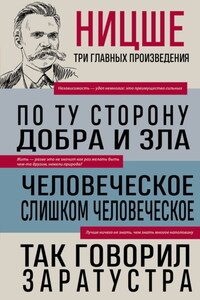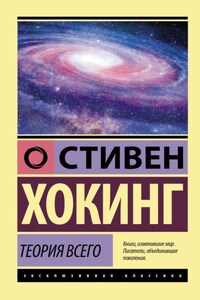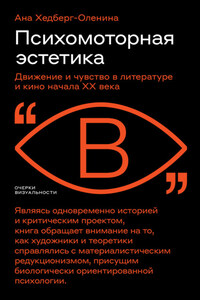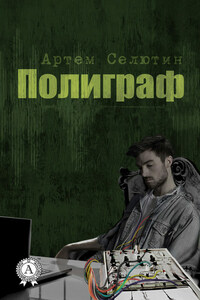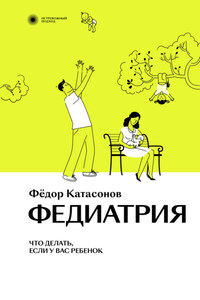How to find a word in this dictionary
Think of the first letter in the word you want to look up. Once you know this, there is more than one way to find your word in the dictionary:
⢠You can use the Index at the back of the ebook which lists all of the dictionary words in alphabetical order. Scroll through the Index until you find the letter your word begins with, then look down the words until you find the one you are looking for. You can then follow the link to the entry in the dictionary.
⢠You can use the Contents page at the front of the book, which has a link to every letter in the dictionary. Follow the link to the letter your word begins with, then look through the entries in this letter until you find the word you are looking for. The entries are in alphabetical order.
Features of this dictionary
1. You can check how to spell words.
2. You can see how the word changes when it is used in different ways.
3. You can see what the word means.
4. You can see how the word is used in a sentence.
5. You can see if a word has more than one meaning.
6. You can see if a word is a noun, verb or adjective. Some words can be used in more than one way.
How words work
Nouns
A noun is a word that is used for talking about a person or thing.
arm noun
bird noun car noun
If you have more than one of the thing, you use the word that ends in âS.
arms
Some words have special endings, or different spellings, when there is more than one.
child â children
Adjectives
An adjective is a word like âbigâ or âbeautifulâ that tells you more about a person or thing.
happy adjective
wild adjective wet adjective
Adjectives can be used in different ways.
happier, happiest
wilder, wildest wetter, wettest
Verbs
A verb is a word like âsingâ, âfeelâ or âeatâ that you use for saying what someone or something does.
eat verb
cry verb talk verb
Verbs can be used in different ways.
eats, eating, ate, eaten
cries, crying, cried talks, talking, talked
Verbs can be used to talk about things that you are doing now.
He teaches people how to play the piano.
He is in the school football team.
They can be used to talk about things that you did in the past.
She took the plates into the kitchen.
She talked to him on the phone.
They can also be used to talk about things that you will do in the future.
Mum will be angry.
Our teacher will give the prizes to the winners. Weâll come along later.
Tips to help you become a super speller!
When you have found a word you need in the dictionary, try to learn how to spell it using the âLook, Say, Cover, Write, Checkâ strategy:
|
Look
|
at the word carefully.
Look at its shape and length.
Look at the letters in it to see if there are any letter patterns that might help you remember how to spell it in future, for example, bright, light, tight.
|
|
Say
|
the word out loud.
Think about how the word sounds! Can you spell a word that sounds like it? Does your word have a similar sound pattern in it? Sound out the word and try to spell it.
|
|
Cover
|
the word up so you cannot see it.
|
|
Write
|
the word down without looking at it in the dictionary. As you do this, think about how the word looks! Does it look right? Is it the right shape? Is it the right length?
|
|
Check
|
that you have written it correctly.
|
Explore further at www.collins.co.uk/homeworkhelp for games, activities and extra support for parents and children.
Aa
abacus noun abacuses
An abacus is a frame with beads that move along pieces of wire. It is used for counting.
able adjective
If you are able to do something, you know how to do it.
She is able to swim.
about
1 About means to do with.
This book is about history.
2 About also means near to something.
His grandfather is about 80 years old.
above
If something is above another thing, it is over it or higher than it.
Lift the ball above your head.
accident noun accidents
1 An accident is something nasty that happens, and that hurts someone.
He broke his leg in a car accident.
2 If something happens by accident, you do not expect it to happen.
I dropped a cup by accident.
ache verb aches, aching, ached
If a part of your body aches, you feel a steady pain there.
My leg aches a lot.
acorn noun acorns
An acorn is the seed of an oak tree.
across
If someone goes across a place, they go from one side of it to the other.
She walked across the road.
act verb acts, acting, acted
1 When you act, you do something.
The police acted quickly to stop the fight.
2 If you act in a play or film, you pretend to be one of the people in it.
active adjective
Someone who is active moves around a lot.
My grandmother is very active for her age.
add verb adds, adding, added
